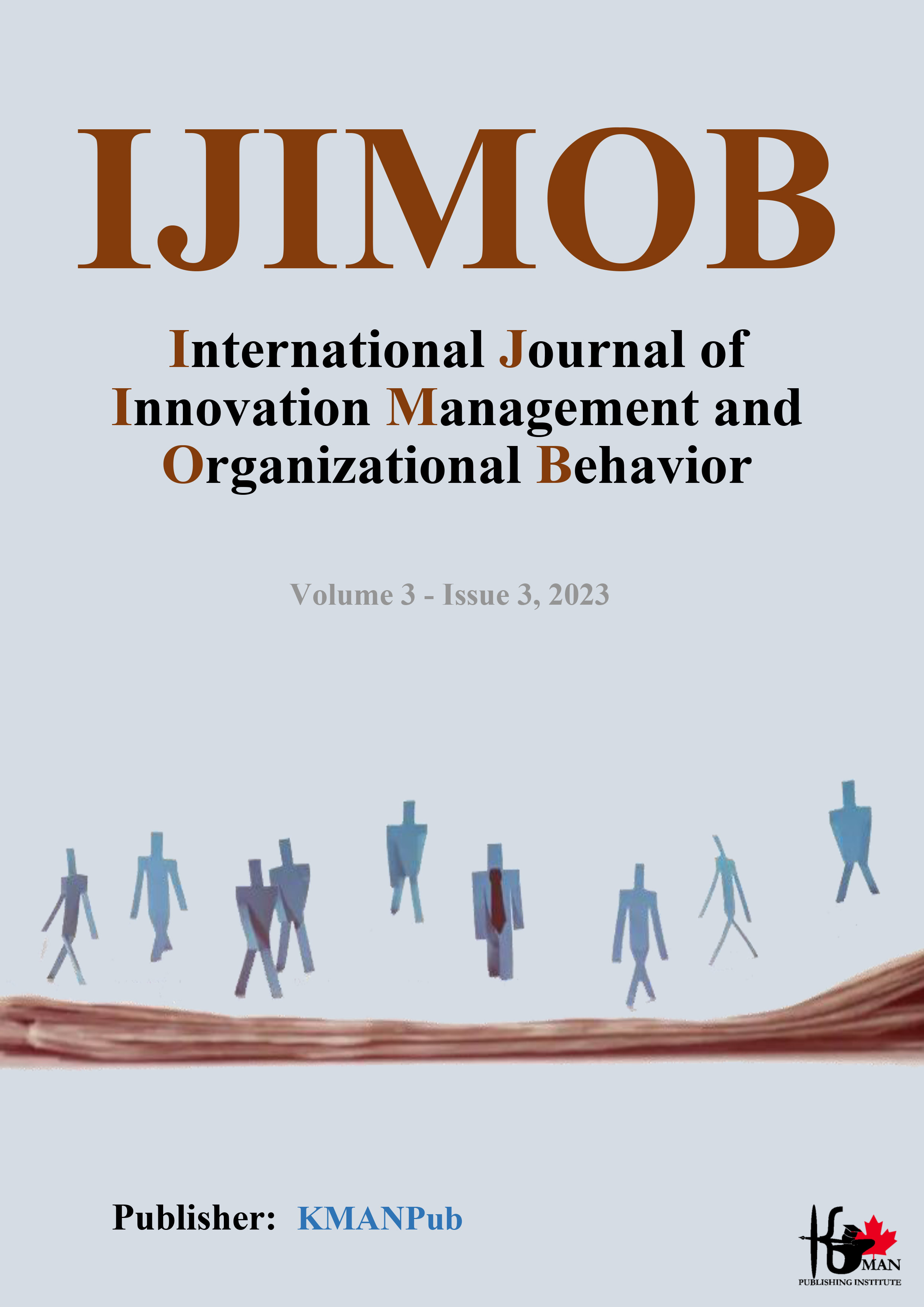Designing a Flipped Learning-Based Education Model (Case Study of Education in the Districts of Tehran Province)
Abstract
Objective: This research aimed to design a flipped learning-based education model (case study of education in the districts of Tehran province).
Method: The study was developmental-applied and mixed-method (qualitative-quantitative) in nature. In the qualitative part, thematic analysis was used to identify dimensions, components, and influential factors, while a descriptive-survey method was employed in the quantitative part. The qualitative sample comprised university faculty members in the fields of educational management and primary education, curriculum and instruction, as well as primary school administrators and teachers, reaching theoretical saturation after 19 interviews. In the quantitative section, 379 primary school teachers from Tehran's districts were selected as the sample using Cochran's formula.
Findings: In the qualitative part, 45 indicators, 9 components, and 3 dimensions were identified. The questionnaire's validity was confirmed using the CVR method. A Cronbach's alpha coefficient of 0.802 indicated high reliability of the questionnaire. According to the research model's results, among the dimensions, the teaching and learning process, with a coefficient of 0.700, was found to be of greater importance in the flipped learning-based education model. Additionally, the model's validity was assessed through internal and external validation.
Conclusion: This study successfully developed a flipped learning-based education model for primary schools in Tehran's districts, highlighting the significant role of the teaching and learning process in this context. The model's validity and reliability were rigorously established, marking a substantial contribution to the field of educational management and primary education.
Downloads
Downloads
Additional Files
Published
Issue
Section
License
Copyright (c) 2023 Zohreh Soltanmohammadi, Leila Sharifian, Saeid Moradi , Alireza Araghieh (Author)

This work is licensed under a Creative Commons Attribution-NonCommercial 4.0 International License.
















